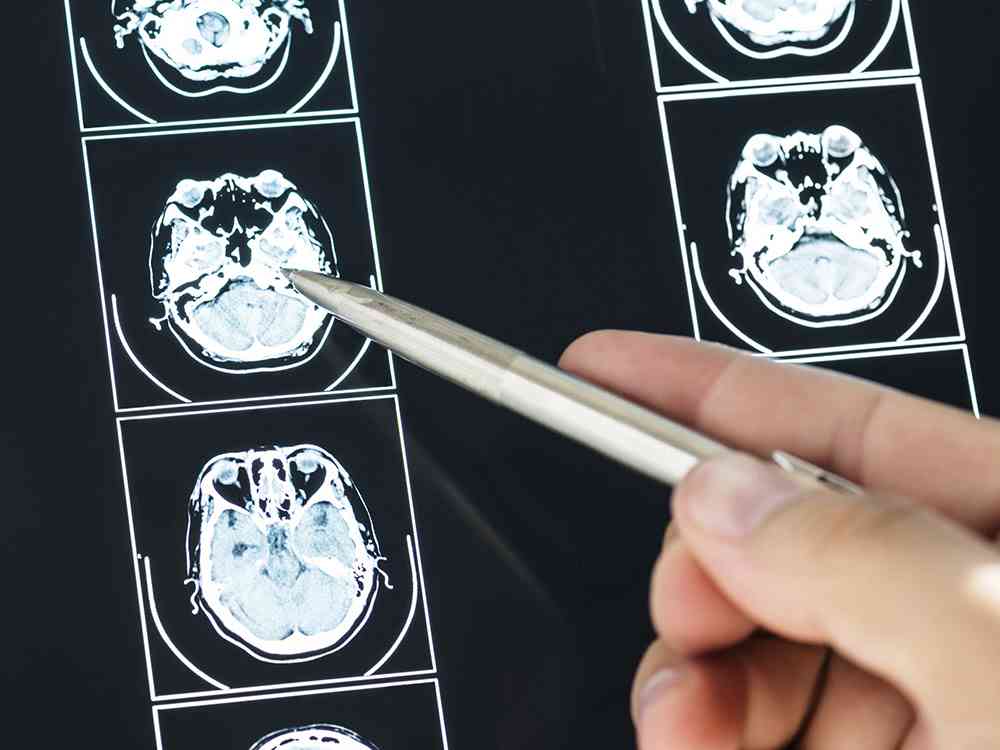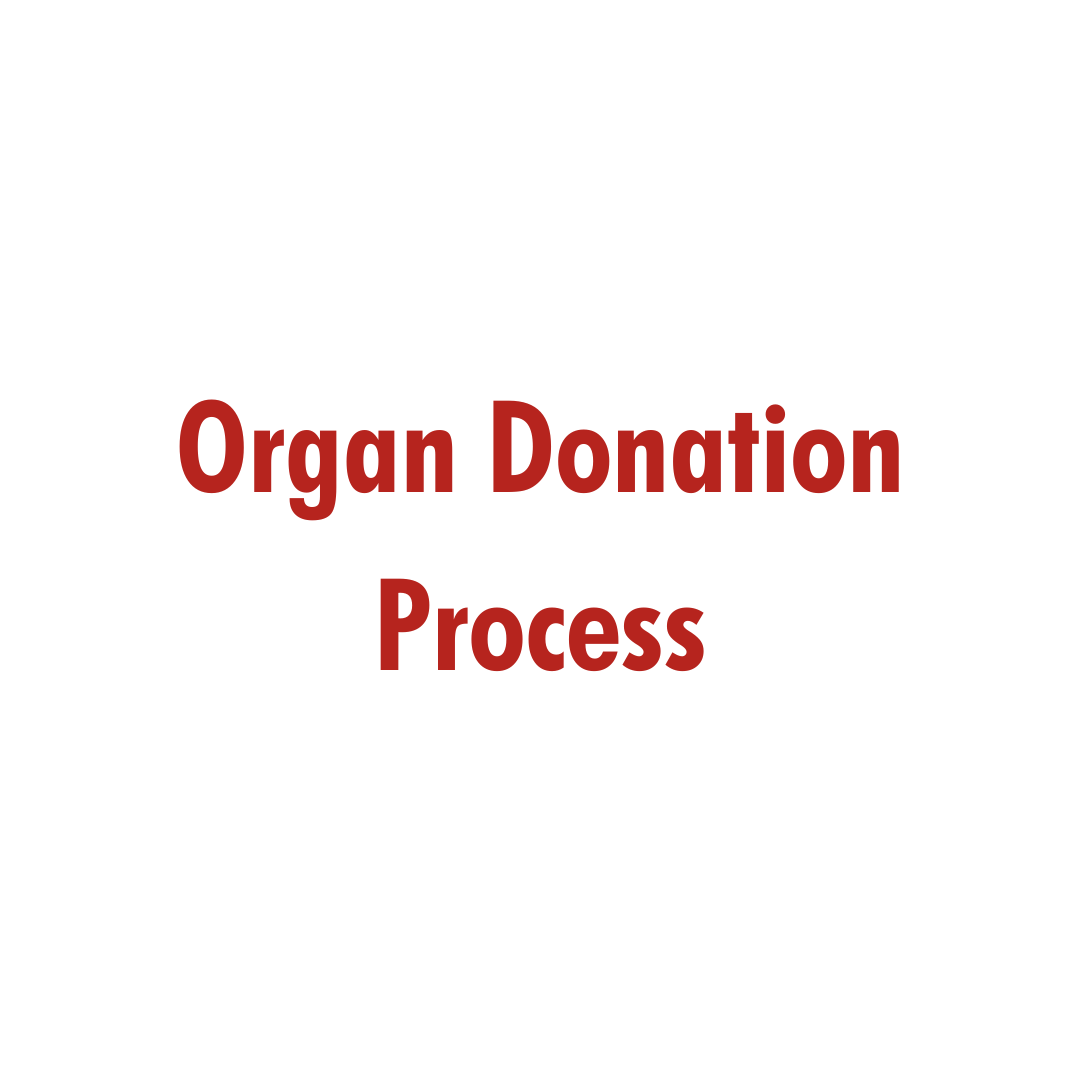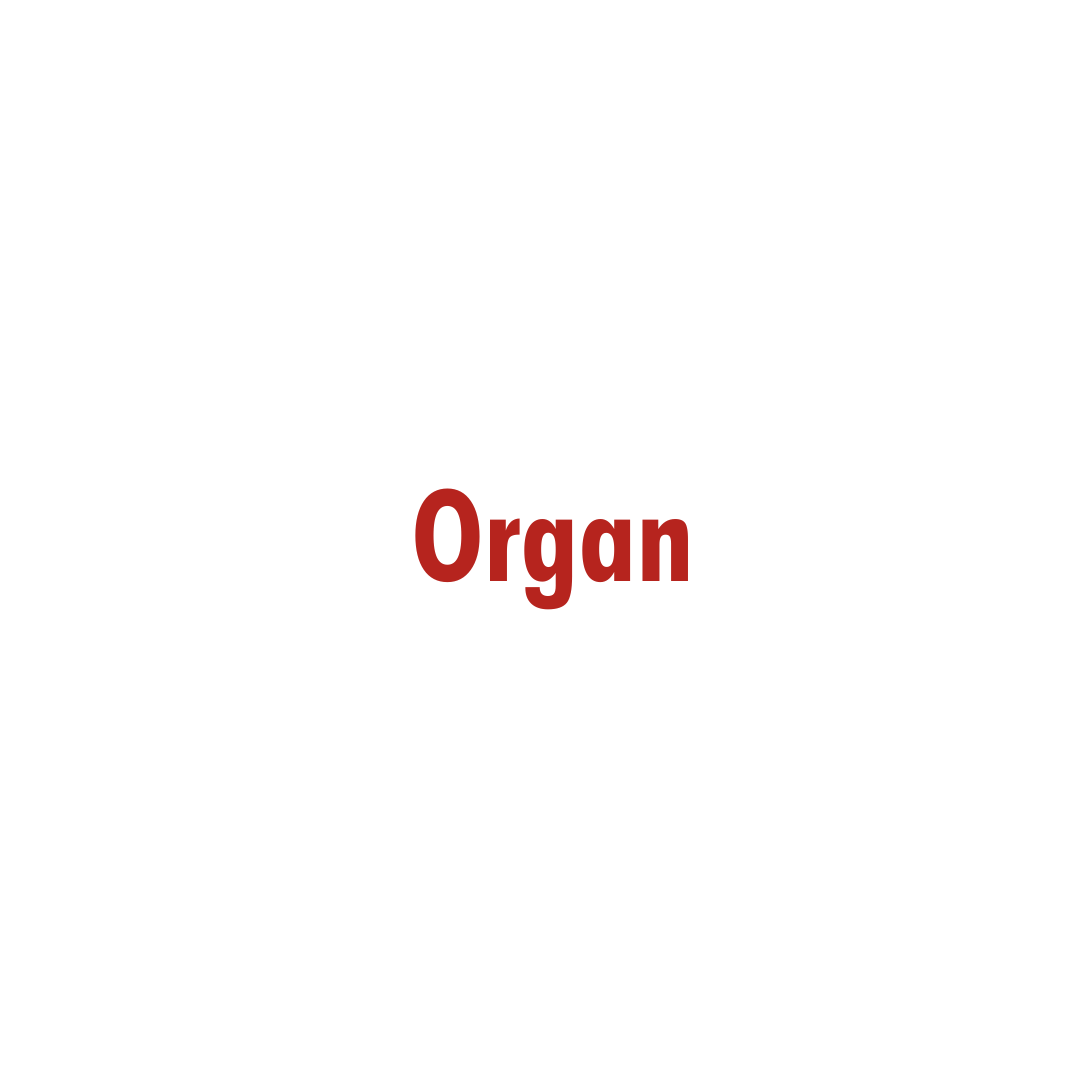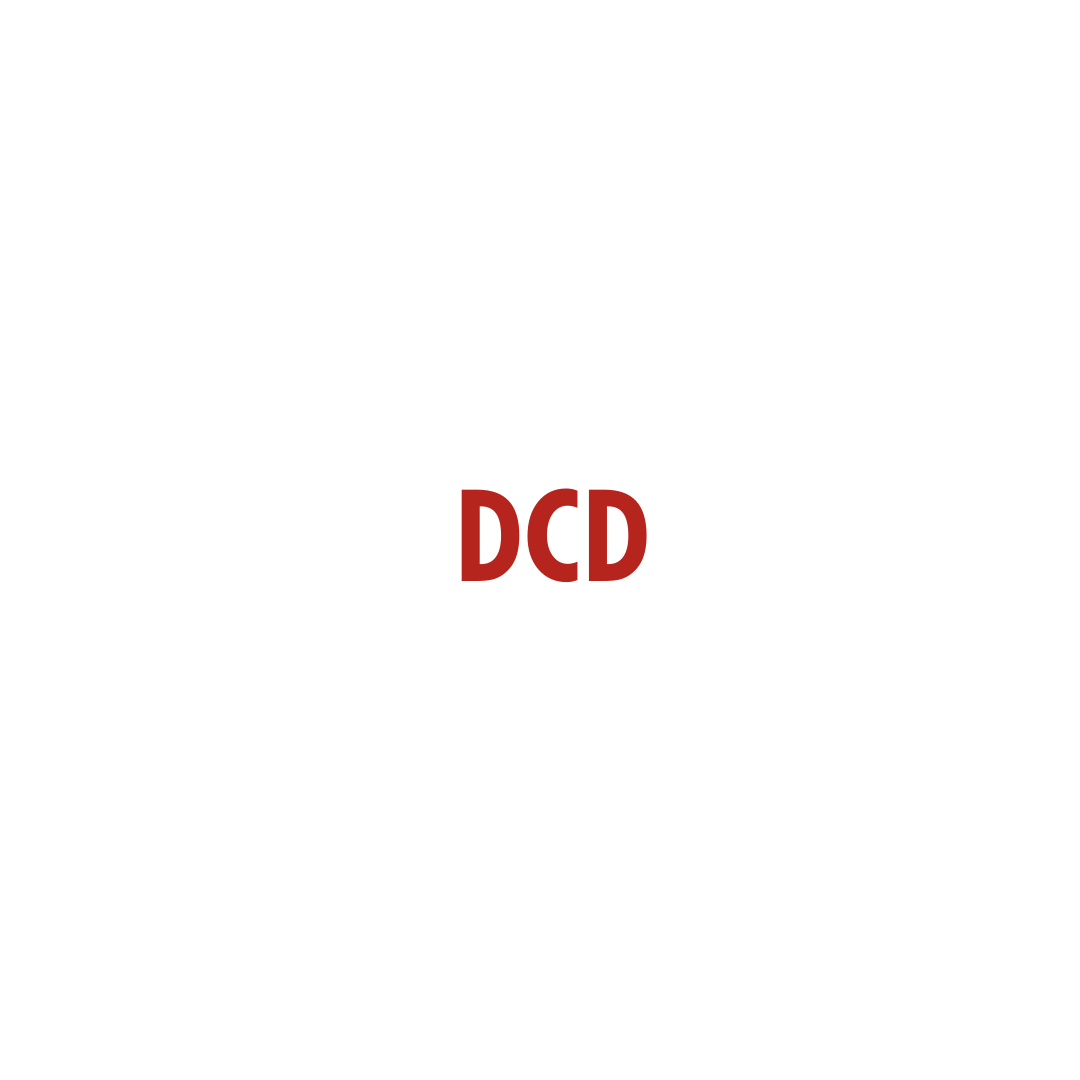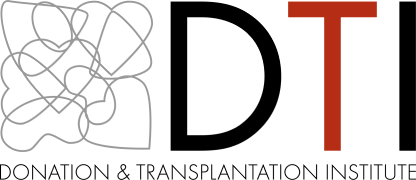Transplantation
Transplantation: the transfer of cells (e.g. stem cells), tissue, or organs from one person to another, with the purpose of replacing a damaged or missing organ. Recipients can receive transplants from these types of donations:
- Living donation
- Deceased donation
- Tissue donation

Organ Preservation
Organ preservation: methods used to maintain the quality of organs between removal from the donor and transplantation into the recipient. Some examples of these methods include preservation solutions, pumps, and cold storage.
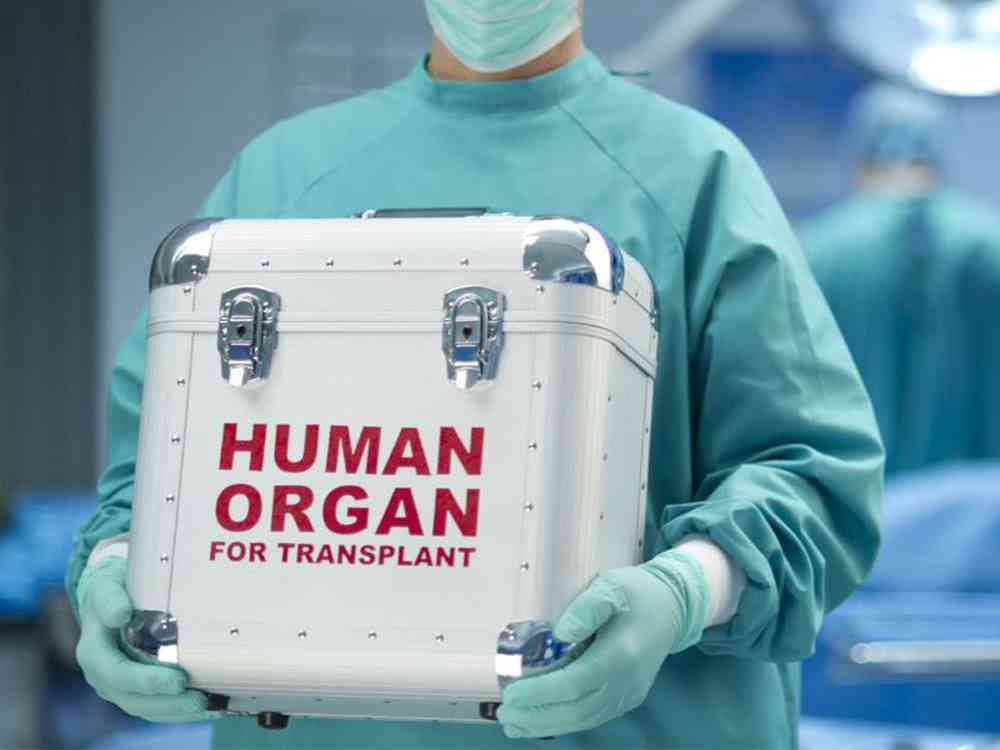
Organ donation process (healthcare professional)
Organ donation process (healthcare professional): the transplant procurement manager (TPM) is the “master of ceremony” coordinating this complex process.
- A panel of experts have designed this critical pathway as a tool that can be applied to every country, region, or hospital, regardless of the level of development of their healthcare system or their baseline experience in deceased donation.
- To successfully develop this task, TPM needs to efficiently manage all the steps of the organ donation process and the key players involved. The TPM profile can vary from doctor or nurse to social worker, but this individual must always have a deep knowledge of the technical procedure, the legal and ethical aspects involved, as well as excellent communication skills.

Organ Donation
Organ donation: the altruistic and voluntary act of giving an organ or a part of an organ to be transplanted to another person. Organ donation can occur with a deceased donor, who can give kidneys, pancreas, liver, lungs, heart, intestinal organs, and with a living donor, who can give a kidney or a portion of the liver. Living transplantation of lungs and intestine has been done, but this case remains exceptional.
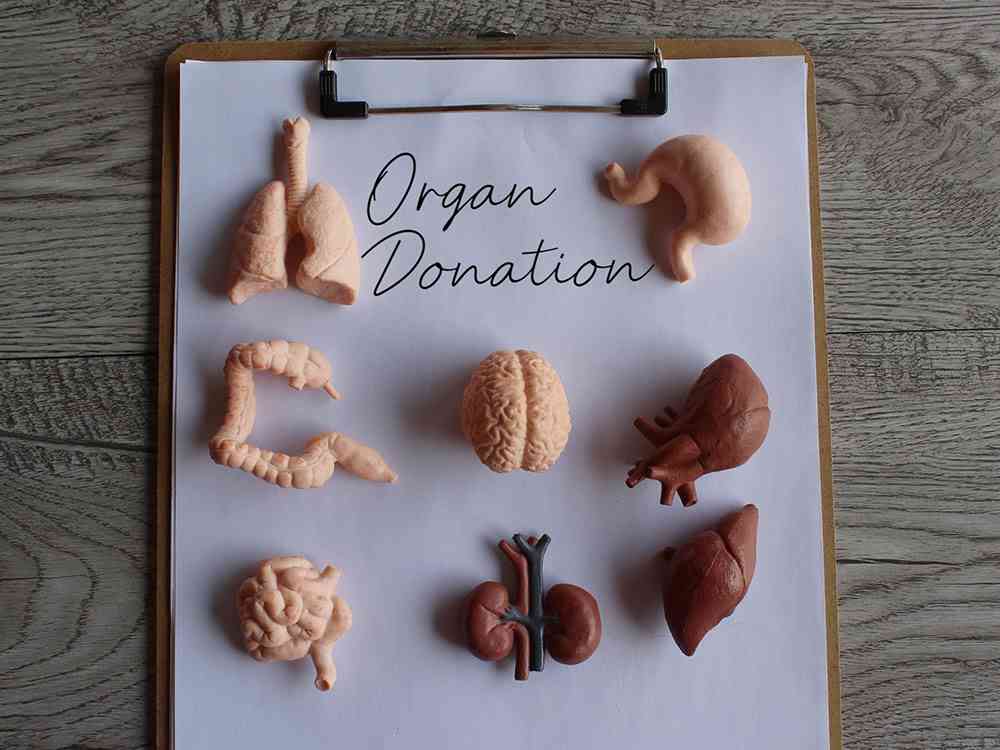
Organ
Organ: a part of the body, made up of various tissues, which performs a particular function. Currently, transplantable organs are: kidney, liver, heart, lungs, pancreas and intestines.
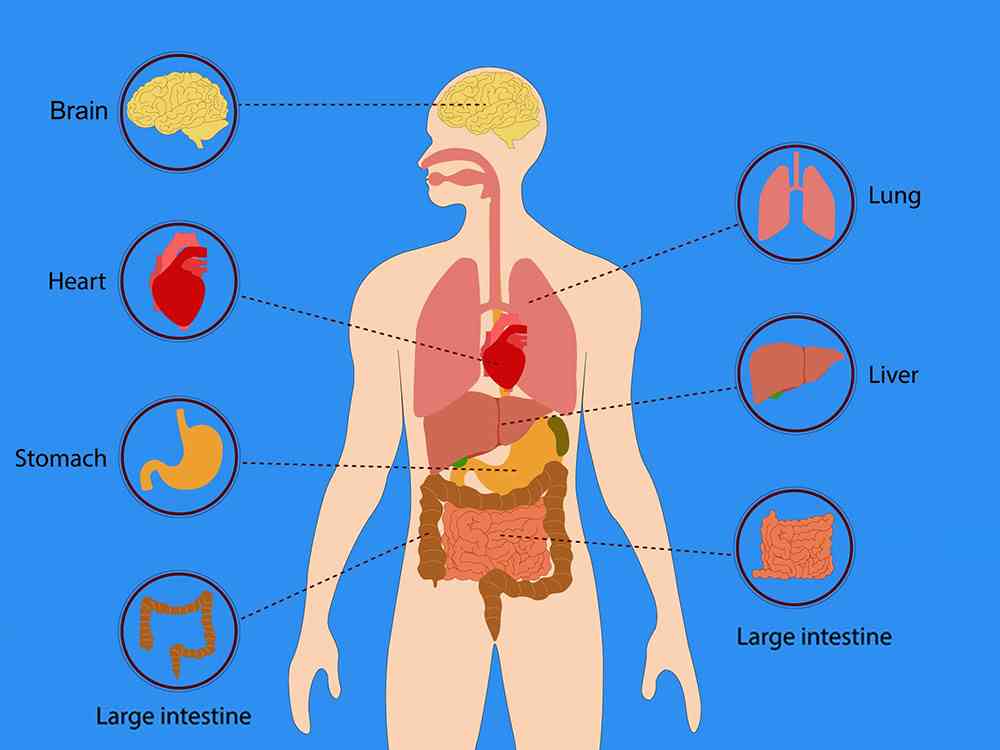
DCD/Circulatory Death
DCD/Circulatory death: occurs when a person’s heart stops and cannot be resuscitated. Just like brain death, there is no recovery from circulatory death.
- Cardiac death means death, it is the irreversible cessation of the cardiorespiratory functions.
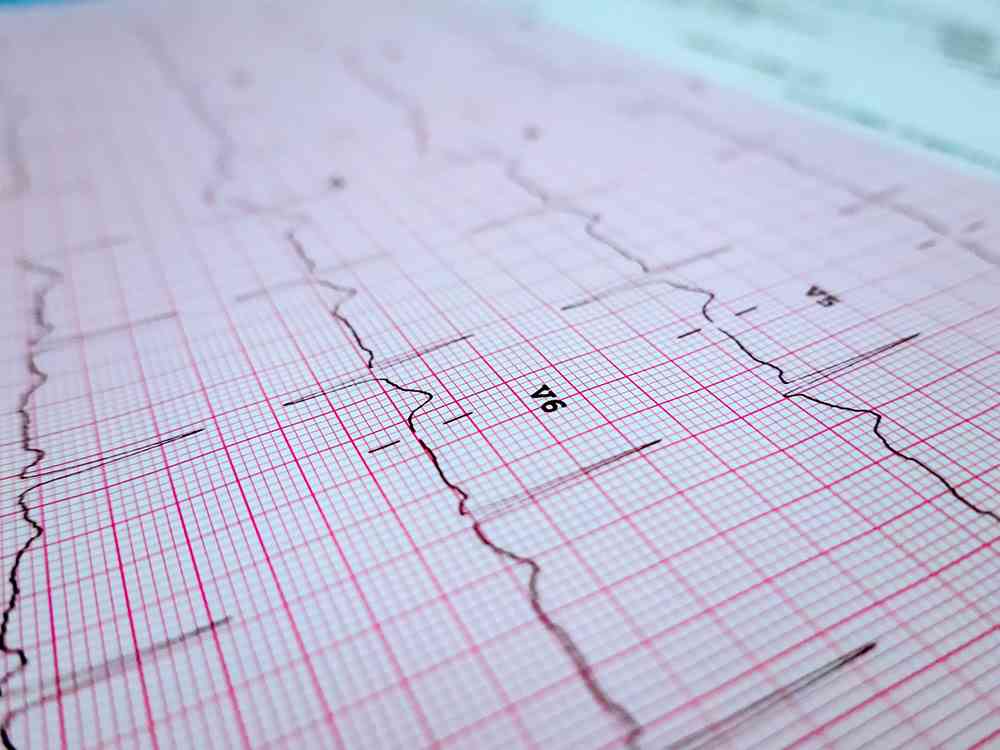
Brain death
Brain death: Brain death occurs when the brain is totally and irreversibly non-functional. Brain death is caused by inadequate blood supply of oxygen which causes brain cells to die.
- Brain death means death and it represents the complete and irreversible cessation of the function of the brain.
- The most frequent causes of brain death are brain injuries due to:
- Stroke
- Trauma
- Lack of oxygen
- Tumor
